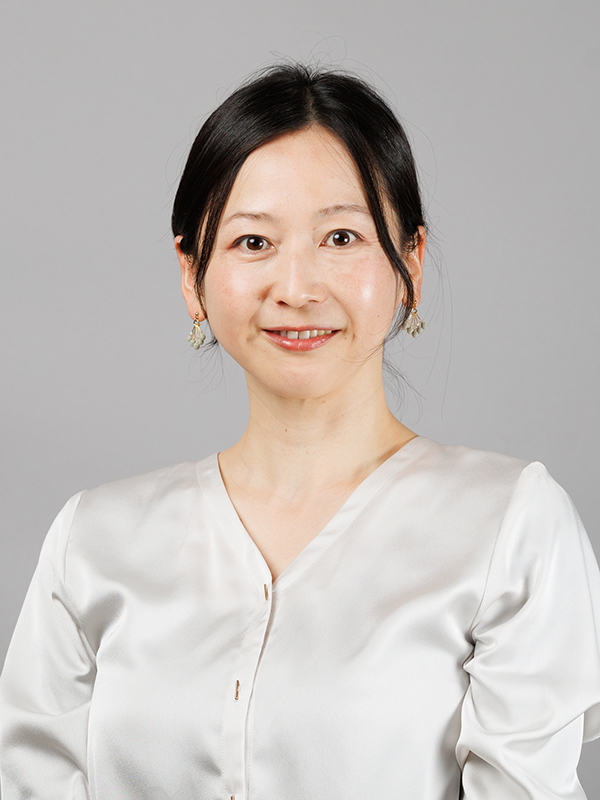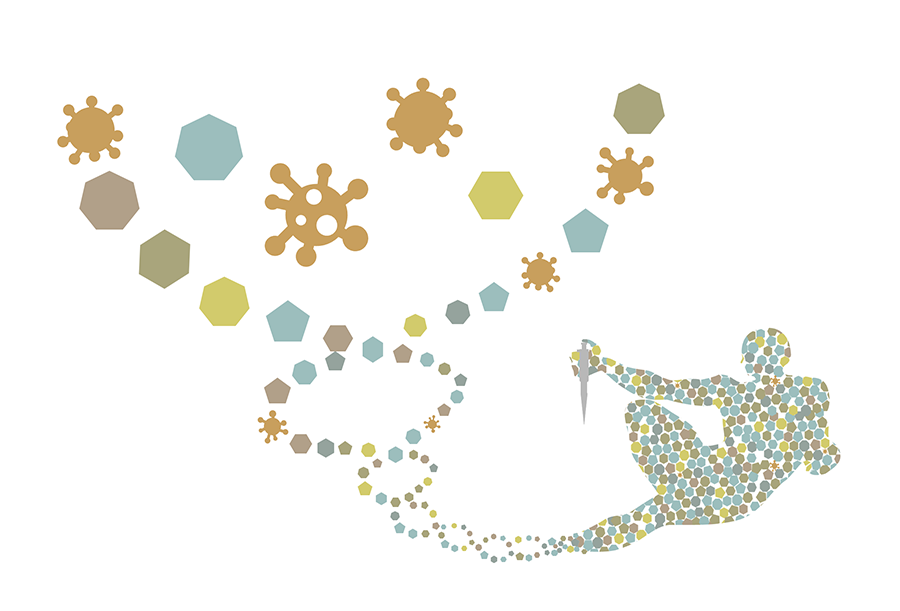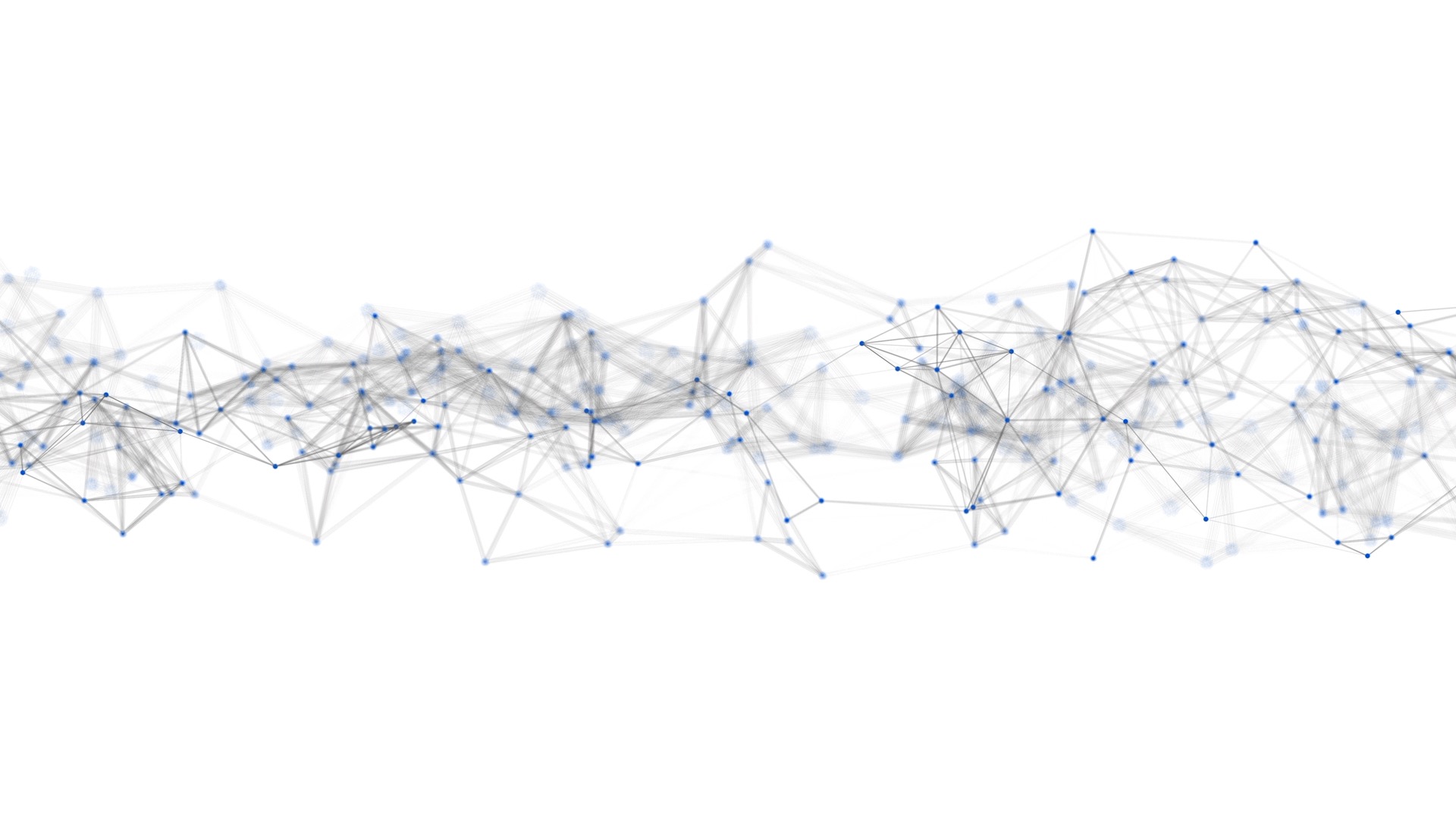
Mari Ohnuki
| Position | Assistant Professor |
|---|---|
| Group name | Bourque Group |
| Research Field | Stem cell biology, Molecular biology, Human evolution |
| Awards | 2021 LMUexcellent, Ludwig Maximilians University Munich, Germany 2018 BioNa - Junior Scientist Award of the Faculty of Biology, Ludwig Maximilians University Munich, Germany |
| ORCID | https://orcid.org/0000-0001-5478-6297 |
| Joined | Dec. 1, 2022 |
|
|
Research Overview
Genomic and phenotypic evolution by endogenous retroviruses in primate
Genomic evolution determines phenotypic variation across species. Not just novel gene generation and amino-acid substitution, change of gene regulation, especially by cis-regulatory elements, plays a central role of the speciation. Transposable elements, in particular retrotransposons, are expected to have a great potential to drive genomic evolution as they can induce drastic changes by their copy-and-paste reproduction. They are considered to provide ‘mobile cis-regulatory elements’ that can be inserted all over the genome, thus theoretically making it possible to rewire entire gene regulatory networks. However, the link between their genomic changes and cellular phenotype in primates is still largely missing. In this project I focus on one of the primate-specific retrotransposon families, namely HERVH, by comprehensive study to cover the wide range of individual elements. The approaches from the point of view of both genomic evolution and molecular biological assessment allow us to understand human evolution driven by transposable elements.

Biography
Mari OHNUKI obtained her PhD from Medical science, Graduate School of Medicine, Kyoto University in 2014. Trained as a postdoc researcher at CiRA, Kyoto University in 2014 and at Anthropology and Human Genomics Group, Faculty of Biology, Ludwig Maximilian’s University of Munich (Munich University) in Germany from 2014 to 2022. Also worked as a JSPS Overseas Fellow from 2015 to 2016. Program-specific researcher at ASHBi from 2022. Hakubi researcher and program-specific assistant professor from 2023.
Publications
Kliesmete, Z., Wange, L. E., Vieth, B., Esgleas, M., Radmer, J., Hülsmann, M., Geuder, J., Richter, D., Ohnuki, M., Götz, M., Hellmann, I., & Enard, W. (2023). Regulatory and coding sequences of TRNP1 co-evolve with brain size and cortical folding in mammals. eLife, 12. https://doi.org/10.7554/eLife.83593
Takahashi, K., Nakamura, M., Okubo, C., Kliesmete, Z., Ohnuki, M., Narita, M., Watanabe, A., Ueda, M., Takashima, Y., Hellmann, I., & Yamanaka, S. (2021). The pluripotent stem cell-specific transcript ESRG is dispensable for human pluripotency. PLoS Genetics, 17(5), e1009587.
Geuder, J., Wange, L. E., Janjic, A., Radmer, J., Janssen, P., Bagnoli, J. W., Müller, S., Kaul, A., Ohnuki, M. ^, & Enard, W. (2021). A non-invasive method to generate induced pluripotent stem cells from primate urine. Scientific Reports, 11(1), 1–13.
Nakai, R., Ohnuki, M. *, Kuroki, K., Ito, H., Hirai, H., Kitajima, R., Fujimoto, T., Nakagawa, M., Enard, W., & Imamura, M. (2018). Derivation of induced pluripotent stem cells in Japanese macaque ( Macaca fuscata ). Scientific Reports, 8(1), 1–9.
Ohnuki, M., & Takahashi, K. (2015). Present and future challenges of induced pluripotent stem cells. Philosophical Transactions of the Royal Society of London. Series B, Biological Sciences, 370(1680), 20140367.
*co-first authors
^co-corresponding authors


